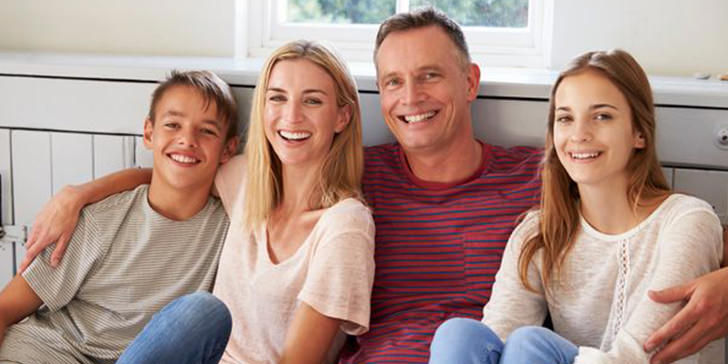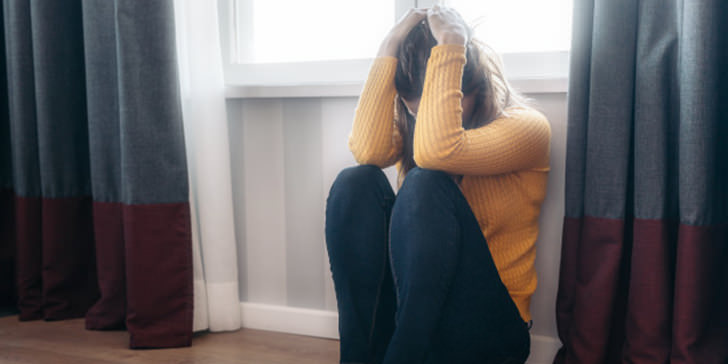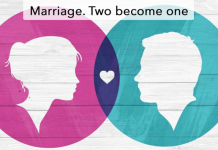Relationship Counselling
What is Relationship Counselling?
Most long-term couples will, at some stage, experience a breakdown in communication or periods of anger, conflict, or mistrust. For many couples it can be frightening to discover that their old ways of communicating are no longer functional and to feel that they may have lost what they once had. This can lead to repeated arguments, feelings of resentment and loss of the couple’s trust, intimacy and sex life.
Why do Couples Come to Relationship Counselling?
There are many reasons why a couple may decide to come to relationship counselling including:
- Feelings of drifting apart
- Becoming parents
- The impact of addictions
- Infidelity
- Financial stress
- Housework and roles
For more information, you can have a look at ‘Common Problems’
What Happens in Relationship Counselling?
Relationship counselling aims to help couples who are stuck in patterns of conflict to find ways to communicate with each other, to decide how to resolve their problems and to achieve their goals. A relationship counsellor will begin by listening to each partner’s view of their relationship and what they perceive to be the issues within their relationship. The relationship counsellor will also be able to highlight any misunderstandings which may be occurring due to the couple’s current communication techniques and resolution processes. In this way, the counsellor can support the couple in finding strategies to improve communication and aid conflict resolution. The active participation of each partner is vital in ensuring the success of relationship therapy.
Counselling Young Couples
The intense affection and attentiveness present in the early stages of a new relationship can decline as time goes on. It’s important that young couples do not interpret this process as growing apart and the beginning of the end of their relationship.
Actually, the truth is that people’s relationships go through many different stages as their lives change and develop. These stages and changes are often associated with different levels of relationship satisfaction.
It’s perfectly normal to experience periods of low relationship happiness when people have doubts about staying in their relationship.
However, these situations can and do improve with concerns and doubts being overcome, sometimes with our help along the way.
It’s important for young couples to realise that relationship satisfaction has its ups and downs. When they hit a low point there is a lot they can do to improve their relationships including coming to see us for relationship advice and guidance. Relationship counselling can help young couples understand the dynamics in their relationship.
It is understandable that attending a counselling session for the first time can be a daunting trip into the unknown. However, you can expect something much more pleasant and comforting to what you may fear in your mind, with openness and transparency coupled with a calming atmosphere which will put your happiness at the forefront of priorities.
Counselling Couples with Children
Certain life events and circumstances are associated with relationship issues. Perhaps the life event most associated with relationship difficulties is the arrival of children.
For most couples the period before the birth of a child is a time of great excitement and anticipation. However, the transition to parenthood with the associated sleepless nights and busy days is a time of great stress for couples and the impact of a new child is often detrimental to a couple’s relationship.
Issues such as lack of sleep can cause new parents to become fatigued and irritable with each other. There is also frequently an imbalance in roles with women bearing a lot of the early work after the birth of a child which can lead to resentment and a sense of unfairness. For men it can lead to a sense of feeling rejected by their partner.
In response to these difficulties many couples get caught up in a vicious cycle of blame and resentment which can be hard to break out of. The husband’s unhappiness with his relationship with his wife and her resentment towards him can reduce his involvement with the child leaving her feeling less supported and, in turn, being more critical of him and angry.
There are also many other circumstances linked to new parenthood where difficulties emerge. These include financial problems due to the costs of having a child, parent and child illnesses and the influence of family of origin members and in-laws. Additionally as children grow older, differences in the couple’s parenting style may emerge which often causes conflict.
Marriage counselling can help a couple to identify how to take on more cohesive roles within the family unit. Making the decision to go to relationship counselling can be difficult. If you and your partner are experiencing relationship problems, seeking help is more effective than ignoring your issues or hoping they get better on their own.
Counselling Older Couples
Marriages change over time and for older couples they have no doubt gone through many changes and stages of their marriage. However despite having survived the early stages of marriage and parenthood many older couples run in to problems when they reach later stages in their lives such as the ‘empty nest’ stage or retirement.
Additionally older couples face issues such as change of life stages and the arrival of illnesses associated with ageing. These life events and circumstances can be the trigger for relationship difficulties
For couples in the latter stages of their marriage free from the distraction of children or under less pressures in their careers taking stock of their relationships and working on improving their communication is important. Their common goal of parenting may be ended and they need to set new goals and a new purpose of their marriage.
Counselling for Domestic Violence
Abuse in intimate relationships takes place behind closed doors and most people in abusive relationships feel a sense of shame which makes it difficult to break the silence. It’s important to break the silence, inform yourself and look for help. Talking to a trusted family member or friend is an important first step.
What is Domestic Abuse?
It’s common for victims in abusive relationships to minimise what is happening and put up with what is quite often severe physical and emotional abuse. Domestic abuse includes elements of severe physical violence and psychological and emotional abuse which victims find intimidating and distressing. In situations of domestic violence, experts in the field increasingly distinguish between two types; situational violence in which low-level mutual physical aggression occurs in the context of an argument between partners e.g. pushing, shoving, grabbing and personality-driven violence which is severe emotional and physical violence used to dominate, control and manipulate a romantic partner. The psychological abuse is similar in both but in situational violence it occurs less frequently. Additionally violent perpetrators whose behaviour is influenced by personality traits are likely to display anti-social or borderline personality traits.
Personality-driven domestic violence including high levels of physical aggression and intense emotional and psychological abuse is characterised by attempts to dominate and isolate. This type of behaviour is against the law. Irish legislation in relation to domestic violence makes provisions for the protection, safety and welfare of spouses and other persons in domestic relationships. People who suffer domestic violence shouldn’t suffer in silence.
Relationship Counselling for Individuals
For many people considering marriage counselling it may be the case that your spouse doesn’t share your view that things can be improved or that couple counselling is the best way to address your marriage issues.
You might find yourself in this situation, yet no matter how much you try to convince your partner that they need to change for the sake of your relationship they are unwilling to change.
However, we can offer you the help you need to support you though this difficult time with individual counselling and advice. If you want to keep your relationship together but you aren’t quite sure what to do next then you’ve came to the right place.
Whether you want to work on your marriage together as a couple or as an individual our site is full of useful ideas and suggestions to help you get your relationship back on track.














